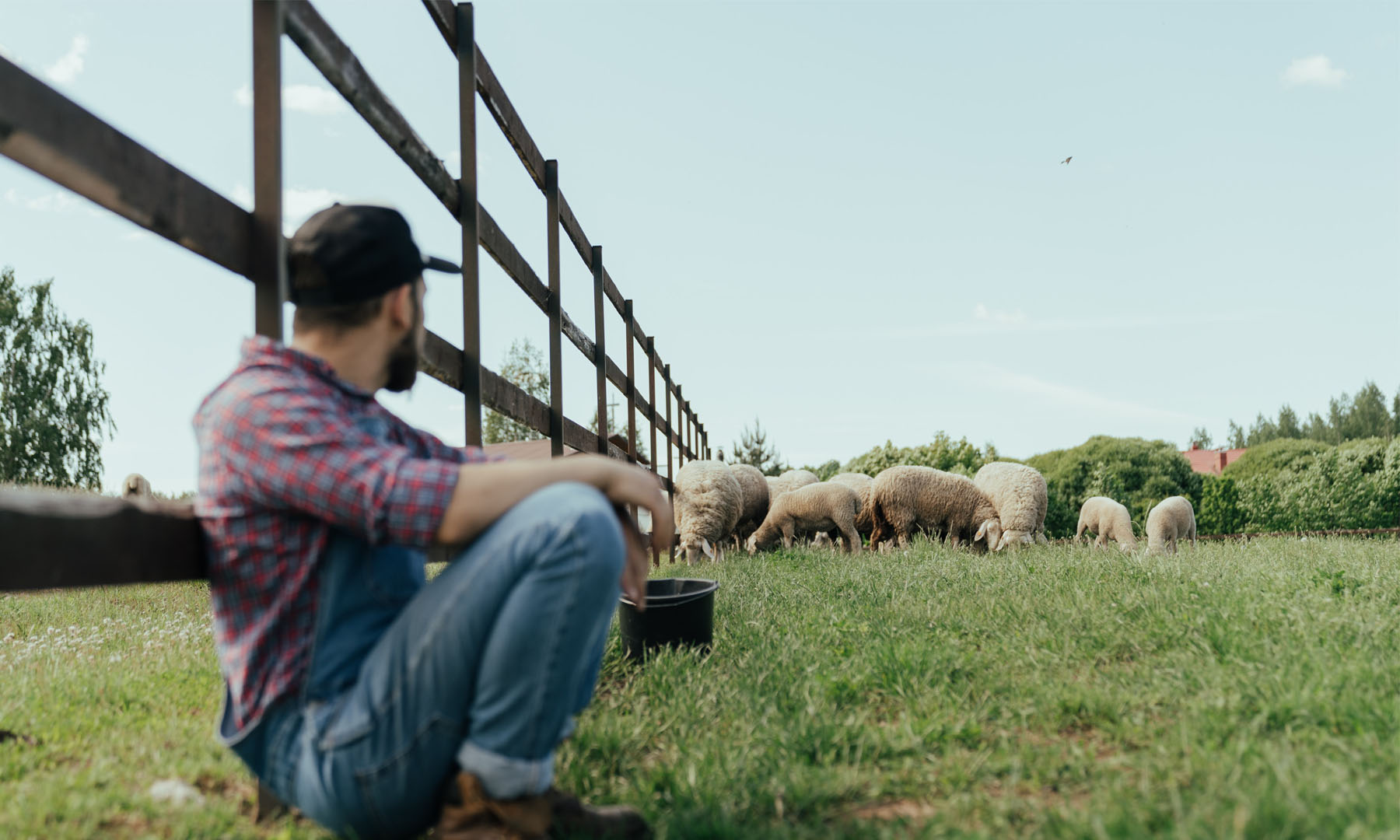


Since sheep and goats are typically raised in semi-arid regions and areas with soils poor in nutrients, the production systems are often characterized by low efficiency and long production cycles, leading to higher carbon footprints for small ruminants. They are capable of utilizing low-quality fibrous feeds (especially goats) and are highly valued for the multiple products they produce. Small ruminant production systems are a major component of the dairy and meat sector in the Mediterranean region and are frequently the only possible enterprises in inhospitable areas with poor nutrient soils. Their production in these landscapes can have positive environmental impact through nutrient cycling and biodiversity maintenance.
Parasitic infections are ubiquitous in grazing ruminants, and a serious problem, causing reduced productivity, ailing health and necessitating regular drug use. Parasitic infections affect not only health but also GHG production, besides the impact of gastrointestinal (GI) parasites of small ruminants is of particular importance. GI parasite infections in lambs drive a 33% increase in methane yield (g CH4/kg dry matter intake) revealing the potential benefits of mitigating emissions through controlling parasite burdens.
The role of agro-industrial by-products will be vital for reducing GHG emissions and increasing animal health and productivity. The potential antiparasitic role of natural dietary components from recycled bio-wastes against pathogens is an attractive alternative to the use of synthetic drugs. A further benefit of implementing this novel solution is the lower need for veterinary drug use thereby contributing to effort against antimicrobial resistance and eliminating the risk of releasing pharmaceuticals in the environment.

The project aims to demonstrate the scientific, environmental and economic feasibility of an innovative approach for exploiting the agro-industrial waste streams and develop them into functional livestock feeds in order to:
i) mitigate the climate impact of small ruminant livestock farming
ii) reduce the environmental footprint of livestock farming
iii) improve the efficiency of feed utilization
iv) increase animal productivity by protecting gut health and
v) adopt circular economy production approaches
This will be achieved by using locally produced agro-industrial waste/by-products containing bioactive compounds beneficial to the gut health.